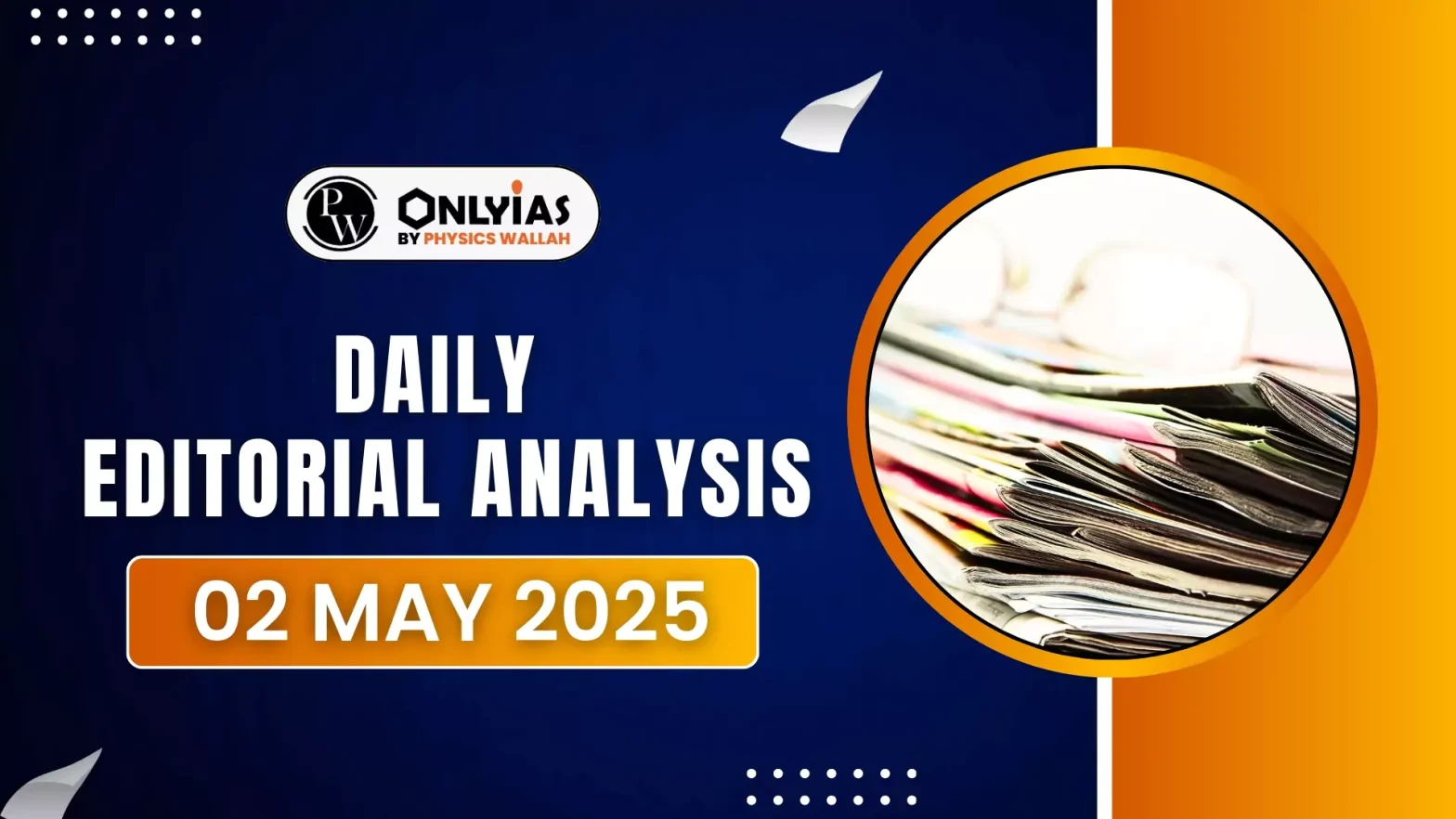As of early 2025, concern continues over the neglect of Private Member’s Bills, with no PMB yet discussed in the ongoing 2025 Budget Session despite over 70 being listed
Private Member’s Bills (PMBs)
- Legislative Participation: Private Member’s Bills (PMBs) allow Members of Parliament (MPs) who are not Ministers to propose legislation independently of the government.
- Difference: While most laws are introduced by Ministers, PMBs can be tabled by any MP, whether from the ruling party or the Opposition.
- Scheduled Time: Fridays in each session are usually reserved for the discussion of PMBs, enabling MPs to act beyond strict party mandates.
Issues associated with Private Member’s Bill
- Symbolism: Disruptions, early adjournments, and focus on government business have reduced PMBs to a symbolic gesture.
- Democratic Setback: Neglecting PMBs is not just a procedural failure—it reflects a worrying democratic decline.
- Sharp Disparity: In the 17th Lok Sabha, 729 PMBs were introduced in the Lok Sabha and 705 in the Rajya Sabha, but only a handful were discussed.
- Stark Decline: As of 2024, only 20 MPs introduced PMBs, and none of the 64 PMBs introduced in the Lok Sabha were taken up for discussion.
- Lost Opportunities: In the winter session, disruptions and other debates consumed Fridays; in the Budget session, one Friday was used for Union Budget discussions.
- Limited Introduction: Of 82 PMBs listed, only 49 were introduced on one Friday; only one was discussed, and even that was cut short.
- Impact of the Anti-Defection Law: The 52nd Constitutional Amendment introduced the Anti-Defection Law to promote political stability, but it inadvertently restricted MPs, especially from the Treasury Benches, from acting independently.
Significance of Private Members Bill
- Constituency Needs: PMBs allow MPs to propose laws based on personal beliefs, public interest, or emerging societal concerns, irrespective of party lines.
- Policy Discourse: The ‘Right to Disconnect’ Bill by Supriya Sule (2019) proposed legal rights for workers to disengage after hours.
- Though not passed, it ignited national debate on mental health and work-life balance.
- Legislative Groundwork: Tiruchi Siva’s 2014 ‘Rights of Transgender Persons’ Bill passed the Rajya Sabha in 2015 and paved the way for the Transgender Persons (Protection of Rights) Act, 2019.
- Catalysts for Government Action: Though the Bill didn’t clear the Lok Sabha, it compelled the government to act on a socially sensitive issue through formal legislation.
- Expression Beyond Party Line: Even MPs from the Treasury Bench have used PMBs to raise independent issues grounded in constituency needs.
- Health-Care for Seniors: Gopal Chinayya Shetty’s Bill on free health care for senior citizens shows that PMBs remain a channel for personal initiative within the ruling party.
- Rare Outlet: In such a highly structured environment, the Private Member’s Bill (PMB) remains one of the few democratic instruments for MPs to offer constructive policy alternatives.
Role of the Individual in a Party-Driven System
- Beyond Party Symbols: Although voters often choose based on party symbols, their decisions are also influenced by the MP’s integrity, expertise, and local performance.
- Voice of the Constituency: MPs are elected not just to echo party lines, but to represent the hopes and grievances of their constituents.
Way Forward
- Protecting Time for PMBs: Time allocated for PMBs must be treated as sacrosanct. The Rules of Procedure should be amended to shield this time, allowing exceptions only in national emergencies.
- Enforcing Consistent Debate: The reserved hours for PMBs must not only be preserved but also strictly enforced to allow for substantive debate and possible adoption.
- Prioritisation Mechanism: A review committee should screen PMBs for quality, relevance, and constitutionality, and could recommend a priority list based on public importance and cross-party backing.
- Fast-Track Channel: For Bills with broad support, a fast-track process should ensure timely movement to the House for debate and decision.
- Avoiding Encroachment on Fridays: If the government needs more time for its legislative business, it should extend Parliament’s working hours instead of eating into PMB time.
- Working Hour Extensions: A slight increase in hours (beyond 11 a.m.–4:30 p.m.) could boost Zero Hour, Question Hour, and allow PMBs to proceed uninterrupted.
- UK’s Ten-Minute Rule: India could adapt the Ten-Minute Rule from the UK Parliament, allowing MPs to briefly present and defend a PMB, followed by equal-time opposition.
- This would enable more legislative ideas to enter the public domain efficiently, without requiring lengthy debates.
Conclusion
Vice President Jagdeep Dhankhar described PMBs as “far-sighted, forward-looking, and a gold mine” for legislation, underscoring their democratic potential. PMBs, when nurtured with sincerity, can play a vital role in strengthening democracy and broadening legislative participation.
![]() 2 May 2025
2 May 2025

